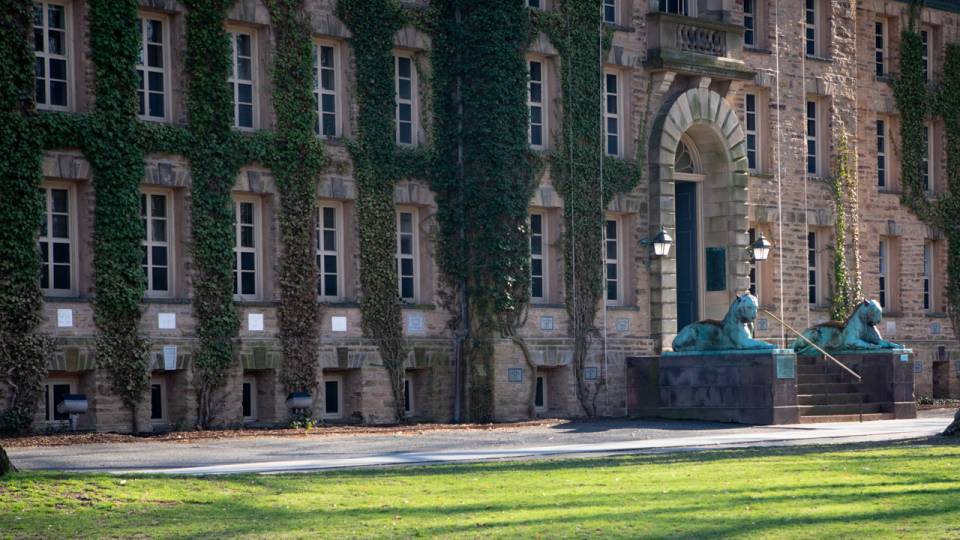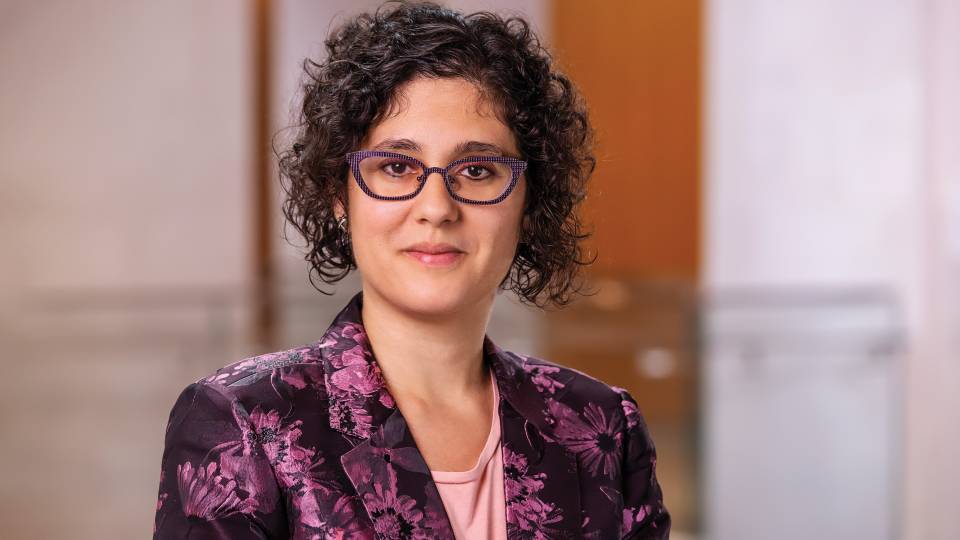Princeton’s Orley Ashenfelter, the Joseph Douglas Green 1895 Professor of Economics, and William Jordan, the Dayton-Stockton Professor of History, have been elected corresponding fellows of the British Academy.
Ashenfelter is recognized for his work in the fields of labor economics, econometrics, and law and economics. Jordan is recognized for his influence on the field of medieval history in the United States.
The British Academy fellowship is an independent fellowship of around 1,400 world-leading scholars and researchers. Each year, the academy elects up to 76 outstanding scholars who have achieved academic distinction in the humanities and social sciences, as reflected in scholarly research activity and publication. The president of the British Academy is Sir David Cannadine, the Dodge Professor of History at Princeton.
With 76 new fellows from around the world, this year marks the largest cohort of leading academics elected.
As well as a fellowship, the British Academy is a funding body for research, nationally and internationally, and a forum for debate and engagement.
“The election of the largest cohort of fellows in our history means the British Academy is better placed than ever to help tackle the challenges we all face today,” Cannadine said. Whether it’s social integration or the aging society, the future of democracy or climate change, Brexit or the rise of artificial intelligence, the insights of the humanities and social sciences are essential as we navigate our way through an uncertain present into what we hope will be an exciting future.”





